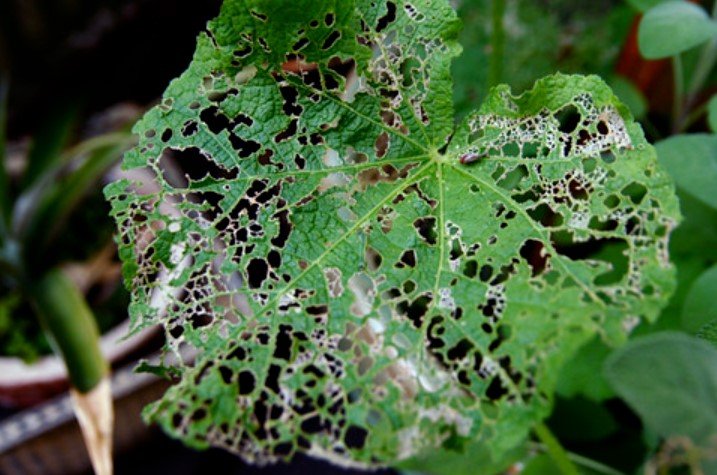The Tri-Cities area in Washington is grappling with a new environmental challenge as the highly destructive Japanese beetle has been found in Kennewick for the first time. This discovery has raised significant concerns among local officials and residents due to the beetle’s potential to cause extensive damage to crops, gardens, and landscapes. The infestation’s impact could be far-reaching, affecting both the local economy and the environment.
The Discovery and Immediate Response
The Japanese beetle, known for its voracious appetite, was detected in Kennewick during routine inspections by agricultural officials. This pest is notorious for feeding on over 300 plant species, including roses, grapes, and various fruit trees. Upon discovery, local authorities swiftly initiated containment measures to prevent the beetle from spreading further. These measures include setting up traps, conducting extensive surveys, and educating the public on identifying and reporting sightings of the beetle.

The initial response has been crucial in managing the situation. Officials have emphasized the importance of community involvement in controlling the spread of the beetle. Residents are encouraged to inspect their gardens and report any suspicious insects to the authorities. This collaborative effort aims to mitigate the potential damage and protect the region’s agricultural and horticultural sectors.
Despite the swift action, the presence of the Japanese beetle in Kennewick has sparked concerns about the long-term implications. The beetle’s ability to reproduce rapidly and adapt to new environments poses a significant challenge for containment efforts. Local officials are working closely with state and federal agencies to develop a comprehensive strategy to address the infestation.
Potential Impact on Agriculture and Economy
The Japanese beetle infestation threatens to disrupt the agricultural landscape of the Tri-Cities area. This pest is known for its destructive feeding habits, which can severely damage crops and ornamental plants. Farmers and gardeners are particularly vulnerable, as the beetle targets a wide range of plants, including those crucial to the local economy. The potential loss of crops could lead to significant financial setbacks for farmers and impact the availability of fresh produce in the region.
In addition to the direct damage to crops, the infestation could have broader economic implications. The cost of managing and controlling the beetle population can be substantial, placing a financial burden on both public agencies and private individuals. Furthermore, the presence of the beetle may deter tourists and visitors who come to the Tri-Cities area for its scenic landscapes and agricultural attractions. This could result in a decline in tourism revenue, further exacerbating the economic impact.
Efforts to combat the infestation are ongoing, with local authorities exploring various methods to control the beetle population. These include biological control agents, chemical treatments, and public awareness campaigns. The goal is to minimize the damage and protect the region’s agricultural heritage while ensuring the safety and well-being of the community.
Community Involvement and Future Outlook
Community involvement is essential in addressing the Japanese beetle infestation. Local residents play a crucial role in monitoring and reporting sightings of the beetle, which helps authorities track its spread and implement timely interventions. Educational programs and workshops are being organized to inform the public about the beetle’s characteristics, the signs of infestation, and the steps they can take to protect their gardens and crops.
The future outlook for the Tri-Cities area depends on the effectiveness of the containment and control measures. While the immediate response has been promising, long-term success will require sustained efforts and collaboration among various stakeholders. Researchers and agricultural experts are working to develop innovative solutions to combat the beetle and prevent future infestations.
In the meantime, residents are urged to remain vigilant and proactive in their efforts to protect their properties. By working together, the community can help mitigate the impact of the Japanese beetle and preserve the region’s natural beauty and agricultural productivity. The situation serves as a reminder of the importance of early detection and swift action in managing invasive species and protecting local ecosystems.









